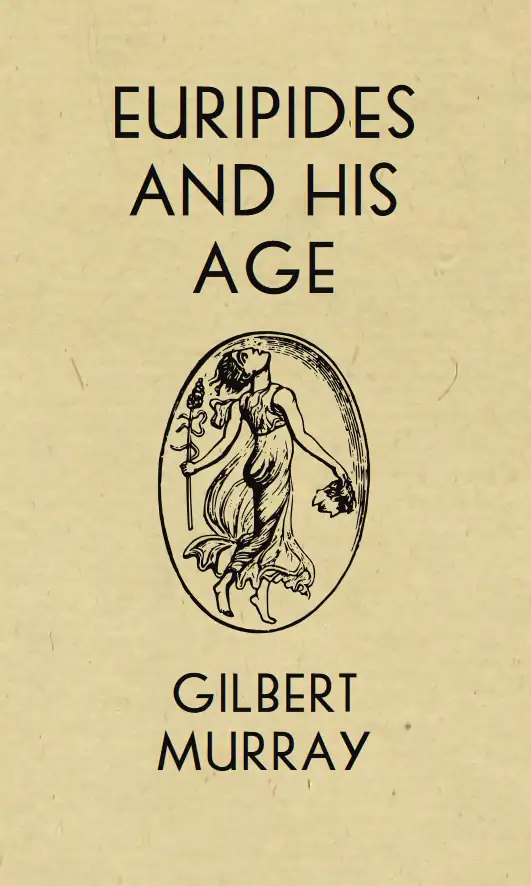
A book about Euripides? Yes, but it’s much more than that. Far from a dry academic study, this is one of the most riveting books you’ll ever read. With remarkable insight, Gilbert Murray traces the history of all our most important human ideas—democracy, patriotism, war, hate, forgiveness—and shows how Euripides filters them all through his towering genius. This is a book you’ll read again and again, a book you’ll quote to friends, a book you’ll keep with you for the rest of your life.
When this book was first published more than a century ago, the author wrote that “quite apart from his disputed greatness as a poet and thinker, apart from his amazing and perhaps unparalleled success as a practical playwright, Euripides is a figure of high significance in the history of humanity and of special interest to our own generation.”
That’s still true today. Yes, it’s a book about Euripides. But it’s also a book about everything it means to be human. Even if you have never read Euripides, or never liked him when you did read him, you will still probably enjoy this book. You may end up loving this book. Gilbert Murray had one of those great minds that can effortlessly find the universal in the particular, and here are just a few of the remarkable thoughts you’ll find here:
Every man who possesses real vitality can be seen as the resultant of two forces. He is first the child of a particular age, society, convention; of what we may call in one word a tradition. He is secondly, in one degree or another, a rebel against that tradition. And the best traditions make the best rebels. (Chapter 1.)
In every contest that goes on between Intelligence and Stupidity, between Enlightenment and Obscurantism, the powers of the dark have this immense advantage: they never understand their opponents, and consequently represent them as always wrong, always wicked, whereas the intelligent party generally makes an effort to understand the stupid and to sympathize with anything that is good or fine in their attitude. (Chapter 2.)
We must distinguish carefully between the two notions, Enlightenment and Democracy. They happen to have gone together in two or three of the greatest periods of human progress and we are apt to regard them as somehow necessarily allied. But they are not. (Chapter 5.)
Irony is the mood of one who has some strong emotion within but will not quite trust himself on the flood of it. And romance is largely the mood of one turning away from realities that disgust him. (Chapter 5.)
After all they were a democracy; and, as Thucydides fully recognizes, a great mass of men, if it does commit infamies, likes first to be drugged and stimulated with lies: it seldom, like the wicked man in Aristotle’s Ethics, “calmly sins.” (Chapter 5.)
